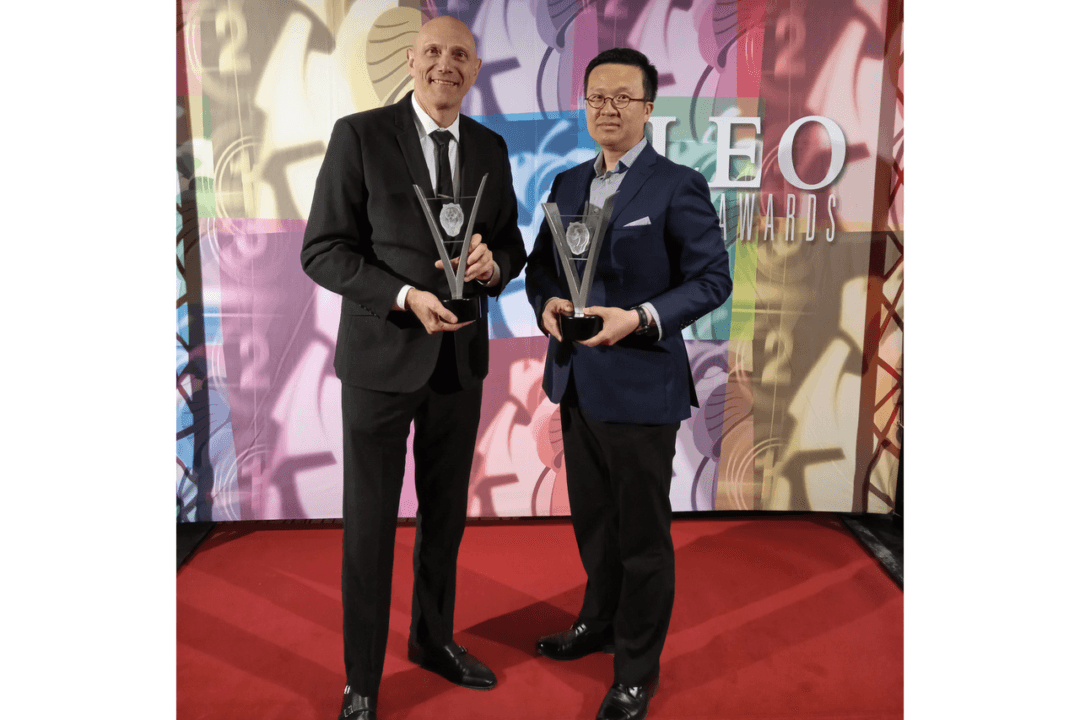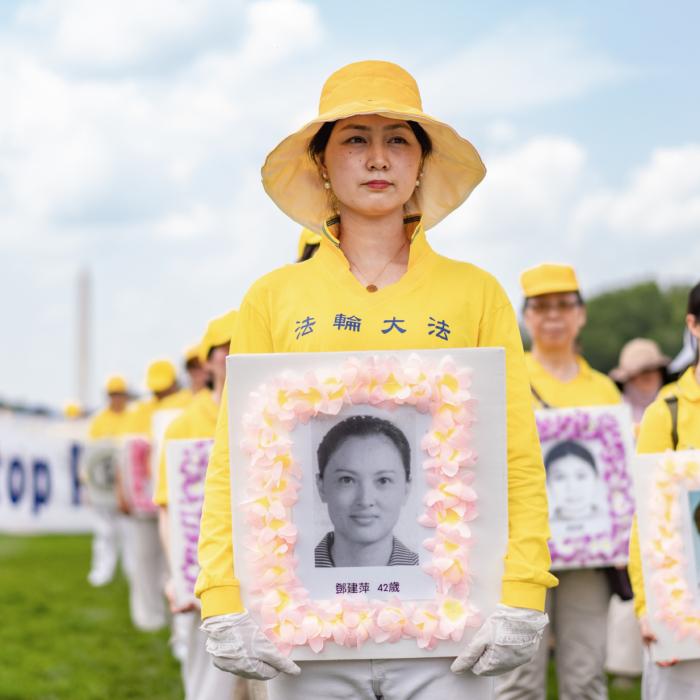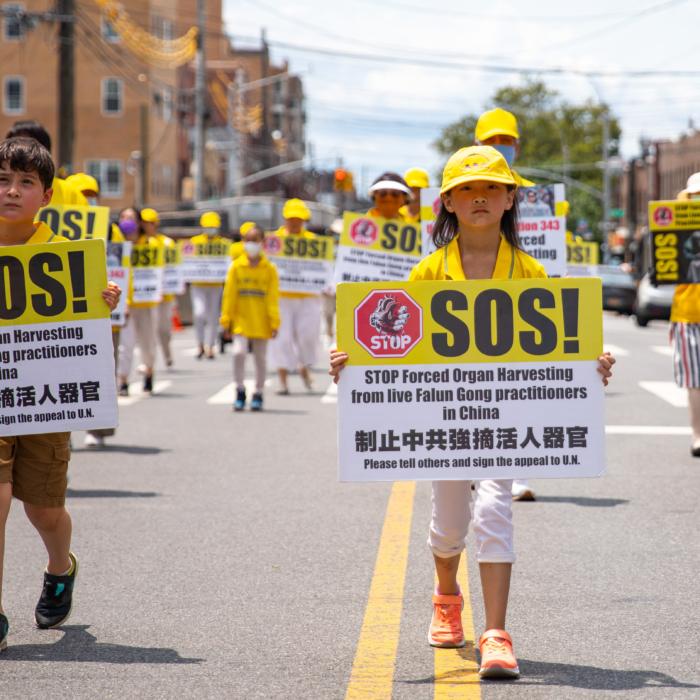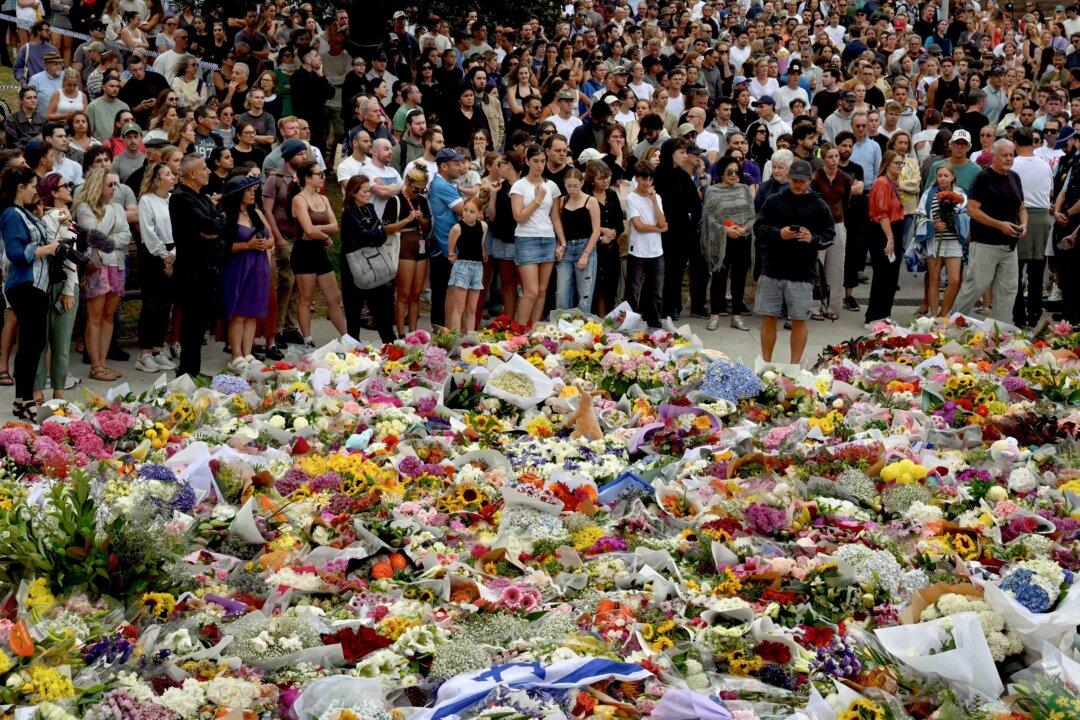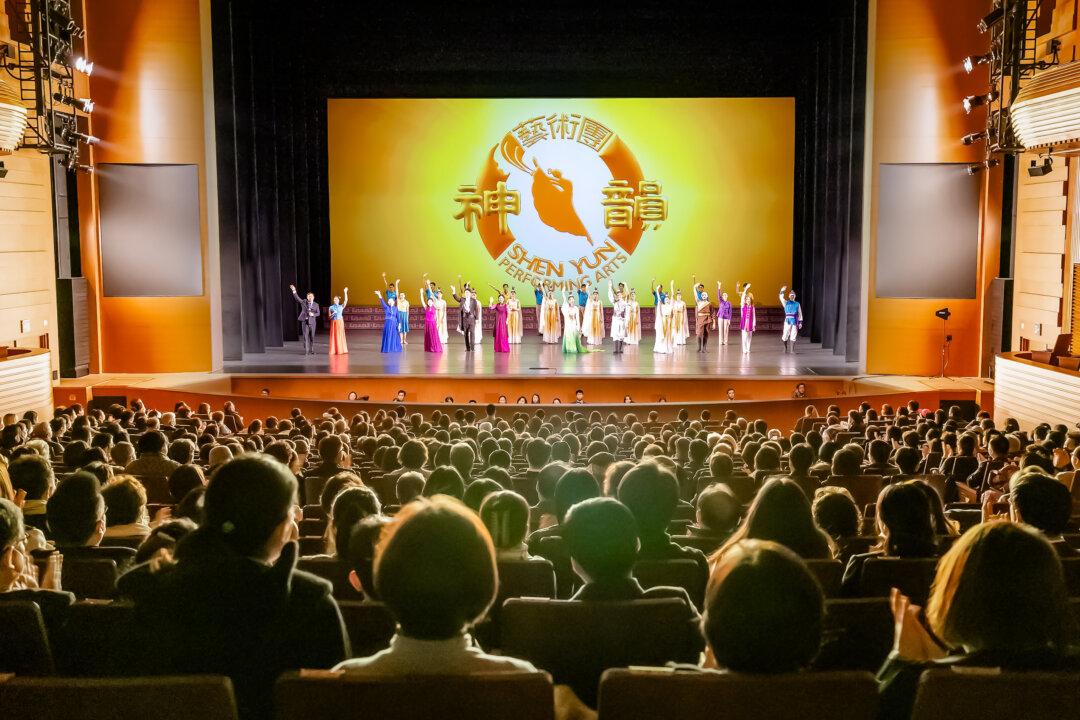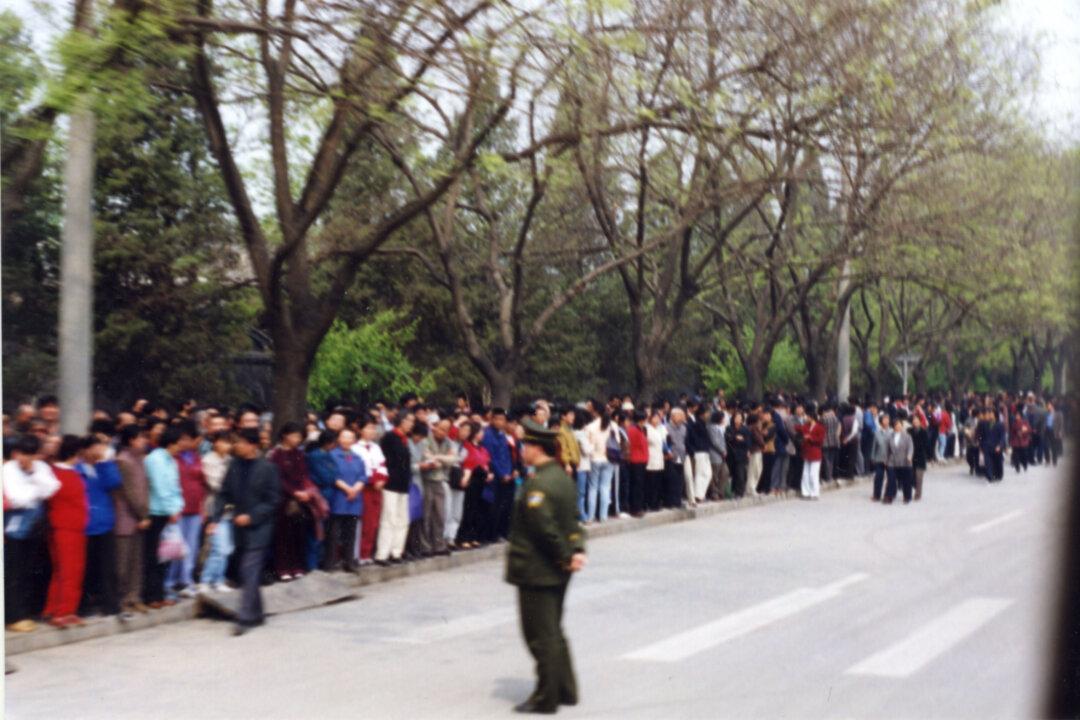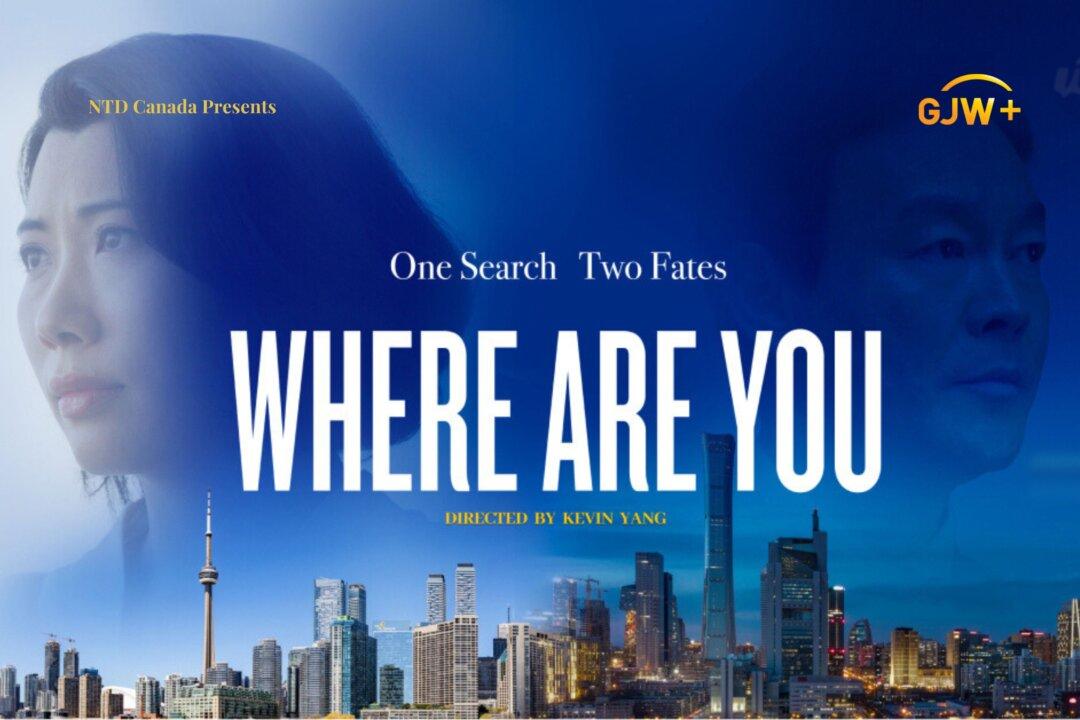Produced in Canada in 2023, “State Organs” is a riveting 75-minute documentary from director Raymond Zhang that carries the viewer on a parallel journey, presenting a searing exposé of forced organ harvesting in China alongside the moving stories of two innocent victims.
When two young people suddenly go missing in mainland China, their families each begin a dangerous 20-year search within the communist state. What they encounter is merciless rejection, a shocking state crime, and eventually, a sense of hope as a renewal of traditional faith emerges in China.
This film is about evilness and goodness, darkness and light—perhaps clichéd archetypes in today’s Western society, but viscerally real, as shown as the stories unfold.
Mr. Zhang has directed a unique film that presents like a prosecution’s case to the viewer, who looks on from the juror’s box.
The film invites viewers to suspend their disbelief—of what may be hard to believe—while opening its evidence to careful scrutiny. A knowledge of China and communism isn’t a prerequisite, although an open heart and mind is a helpful guide.
The film opens in murky darkness, with the haunting sound of a train. It’s a sound that will recur throughout the film, like a harbinger of death. As an unseen soldier recounts his experiences from the year 2000, the viewer feels as if they are on that train, listening to him talk.
Darkness gives way to light with images of Yun and Shawn, two young Chinese who had taken up the practice of Falun Gong. Also known as Falun Dafa, the spiritual discipline consists of meditative exercises and moral teachings based on the principles of truthfulness, compassion, and forbearance.
Yun’s older sister Michelle shares the story of how Yun met and married her husband, Sonny. In late 1999, as the Chinese communist regime began to mercilessly persecute practitioners of the faith, Sonny was detained—and later killed, in November 2000. In May 2001, Yun was also detained, then disappeared, forcing her father to begin a heartbreaking 18-year search for her.
Dr. Will Huang describes the life and hopes of his younger brother, Shawn, who was sent to a labor camp in February 2000 and was released in late 2002. In an attempt to detain him yet again, police hunted for him all over China, and by 2003, he had also disappeared.
Even after Falun Gong practitioners are released from detention, they are routinely subjected to surveillance and harassment from authorities in a bid to force them to renounce their faith.
The film features interviews with lawyers who have expert knowledge of China’s communist system and doctors involved in or actively investigating forced organ harvesting.
Clive Ansley, an international human rights lawyer who practiced and taught law in China for 14 years, witnessed the campaign to eliminate Falun Gong firsthand.
George Zheng, a doctor trained at the Dalian Military Medical School, participated in the forced removal of organs from several living victims. While he balked at removing the eyes of a boy who was still alive, “the boy’s whole eyeball was scooped out” by his supervising doctor.
Zhiyuan (Julian) Wang was an aviation military doctor in China for 25 years before joining the Harvard School of Public Health in the United States in 1995 to conduct research on cardiovascular disease. Today, he’s the president of the World Organization to Investigate the Persecution of Falun Gong.
David Matas, a Canadian human rights lawyer, has published several reports on organ harvesting from Falun Gong practitioners since 2006, with the late David Kilgour, a former Canadian member of Parliament. Their 2016 report shows 60,000 to 100,000 transplants each year—not the 10,000 claimed by Chinese officials. There have been no evidence-based rebuttals of their organ harvesting assessments nor any substantiated explanation of the source of transplant organs in China.
“This isn’t a China problem, it is a communism problem,” Mr. Matas says in the film.
Sir Geoffrey Nice, a renowned UK barrister, chaired the London-based independent China Tribunal that investigated forced organ harvesting of prisoners of conscience in China. The tribunal concluded in 2019 that crimes against humanity had been committed, with Falun Gong practitioners being the main source of organs.
The film also explores 2006 reports of organ harvesting at Sujiatun in Shenyang Province. The CCP permitted officials from the U.S. Embassy in Beijing and the U.S. Consulate in Shenyang to inspect Sujiatun, which was reminiscent of the International Red Cross examination of Theresienstadt, a transit camp for Jews who eventually were sent to extermination centers at Auschwitz during World War II.
Of course, the Red Cross and U.S. officials found nothing wrong. Any inspection allowed by the Nazis or the CCP will only reveal what they want to show.
Mr. Zhang spent six years working on this important documentary, presenting witnesses objectively without narration or commentary, to offer viewers an immersive experience of history.
“State Organs” won the awards for best direction and best musical score for a feature-length documentary at the 2023 Leo Awards in Canada.
Ethical questions raised in the film can be answered by other questions. If your child or your parent were killed by cutting out their vital organs while they were still alive and conscious, would you remain silent? Would you hope others would listen and speak up to help stop such an atrocity?

